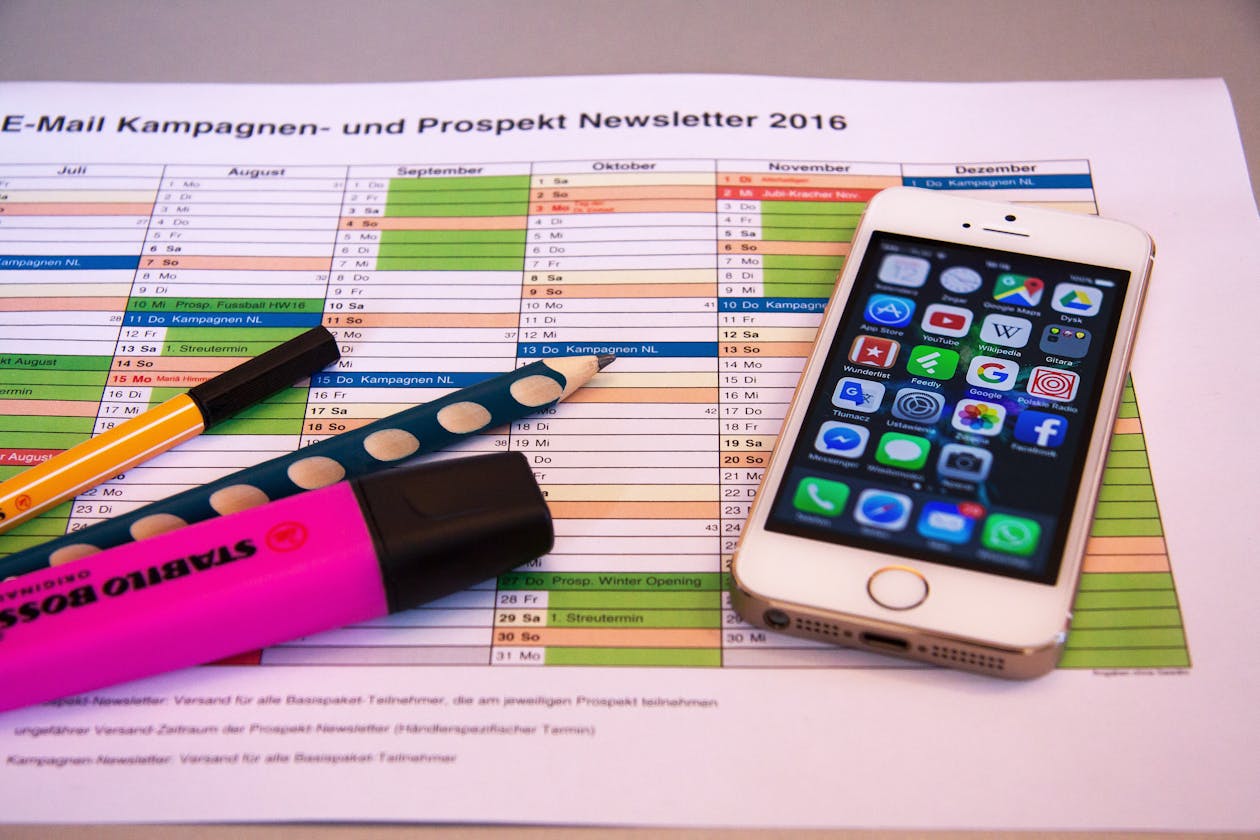Boosting Productivity by Reducing Smartphone Usage
This blog post discusses the impact of excessive smartphone usage on productivity and provides practical tips to reduce screen time. Learn how to turn off notifications, set time limits, create phone-free time blocks, use digital tools, and set clear goals to boost your daily productivity.

In today’s digital age, smartphones have become an essential part of our daily lives. From messaging apps to social media, news updates, and online games, these devices have deeply integrated into our routines. While smartphones help us access information and communicate faster, excessive use can significantly affect our focus and productivity.
This article explores how reducing smartphone usage can improve productivity and provides practical tips to limit screen time.
How Do Smartphones Reduce Productivity?
Many people unknowingly spend a significant portion of their day checking their phones. New messages, social media notifications, and emails constantly interrupt tasks, pulling us away from what we are doing. These frequent interruptions not only break our focus but also require extra time to get back on track.
Studies show that, on average, people check their phones every 15 minutes. This habit can severely reduce productivity. When you’re working on important tasks, each glance at your phone distracts your brain, and it takes time to refocus. Repeating this cycle multiple times can drastically lower your efficiency.
How to Reduce Smartphone Usage
Reducing smartphone use in the digital era is challenging, but with some simple and effective techniques, you can improve your habits and boost your daily productivity. Here are some practical strategies:
1. Turn Off Notifications
One of the biggest reasons for excessive phone use is constant notifications. These can include new messages, social media updates, work emails, and even promotional alerts. Turning off unnecessary notifications is the first step to reducing smartphone use.
Tip: Disable notifications for non-essential apps like social media and games. Keep only important alerts, such as emergency calls or work-related messages.
2. Set Time Limits
Overusing smartphones can quickly become a habit. To reduce usage, use built-in features on your phone to set time limits for specific apps or activities.
Tip: For apps that consume most of your time, like Instagram, Facebook, or online games, set a daily usage limit. Once you reach the limit, your phone will remind you to take a break.
3. Create Phone-Free Time Blocks
One of the best ways to cut down on phone use is to schedule time periods where you completely avoid your device. For example, when working, studying, or exercising, put your phone on silent or leave it in another room.
Tip: Choose a specific hour each day for phone-free activities. During this time, focus on important tasks and keep your phone out of sight or turned off.
4. Use Digital Tools to Manage Time
Although smartphones can be a source of distraction, they can also help you manage your time effectively. By installing apps designed to monitor and limit usage, you can better control your time.
Tip: Use apps like Forest or Moment to track and reduce phone usage. These tools encourage you to stay focused on important tasks.
5. Set Clear Goals and Prioritize Tasks
When you have clear goals and priorities, you’re more likely to focus on completing tasks instead of getting distracted by your phone. Writing down daily priorities can help you stay on track.
Tip: Every night, write a to-do list for the next day in your planner. A well-organized plan reduces the need to constantly check your phone for updates or reminders.
Benefits of Reducing Smartphone Usage
When you cut back on smartphone use, you’ll notice immediate improvements in your productivity and the quality of your work. With more focus on important tasks, you’ll complete them faster and with better results. Plus, with less time spent on your phone, you’ll have more opportunities for personal activities, exercise, and social interactions.
Key Benefits:
- Increased focus and reduced distractions
- Better time and energy management
- Lower stress from constant phone-checking
- Improved personal and social relationships through real interactions
Conclusion
Smartphones are essential tools in today’s world, but overusing them can harm your focus and productivity. By turning off unnecessary notifications, setting time limits, creating phone-free periods, and using time-management tools, you can minimize phone use and focus more on your important tasks and goals.
If you want to boost your productivity, start today by managing your smartphone usage. Remember, technology should work for you—not the other way around.